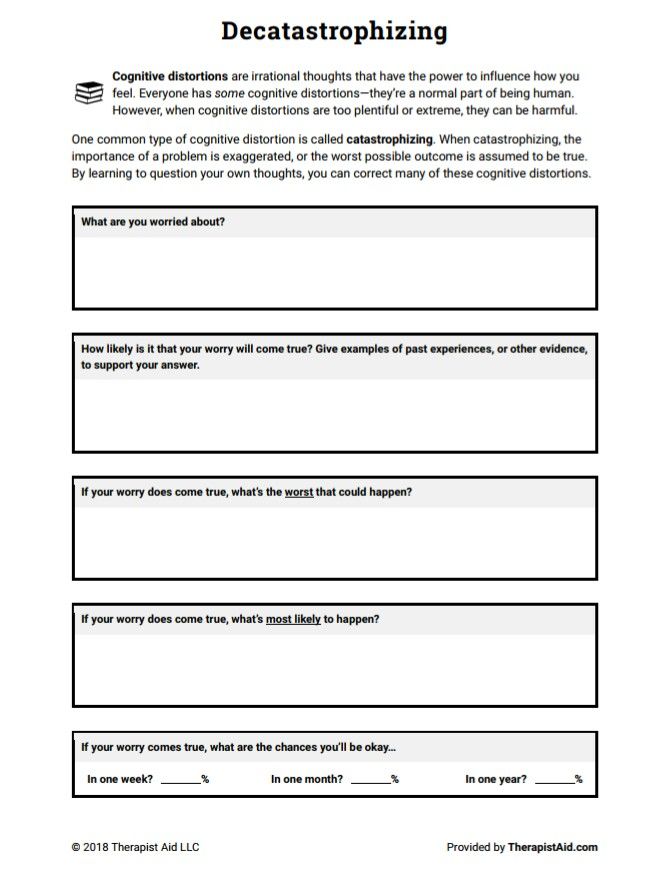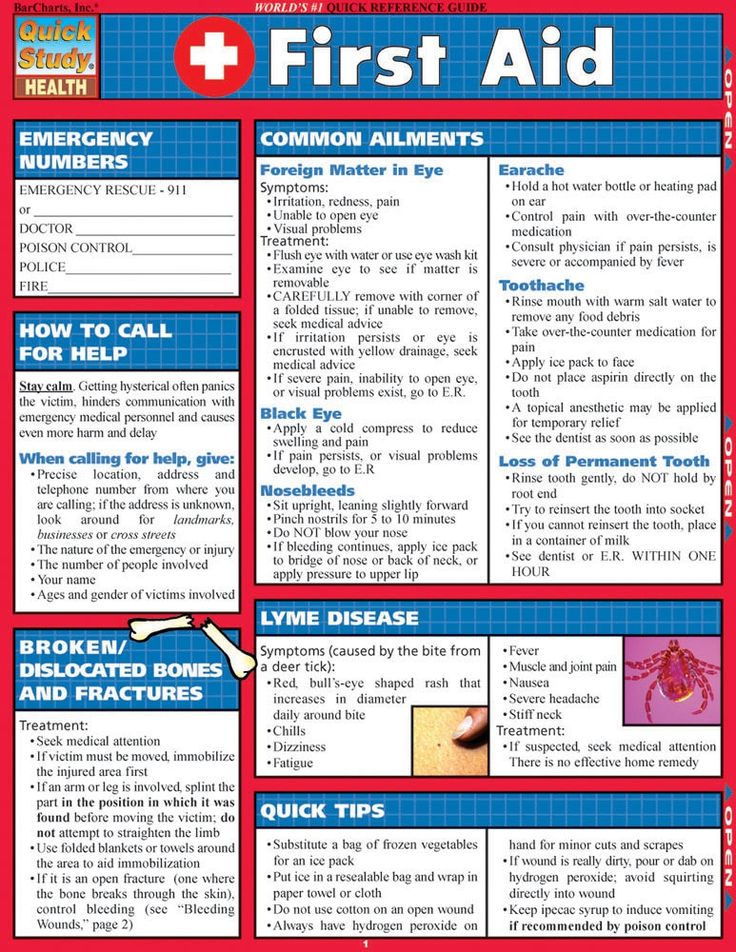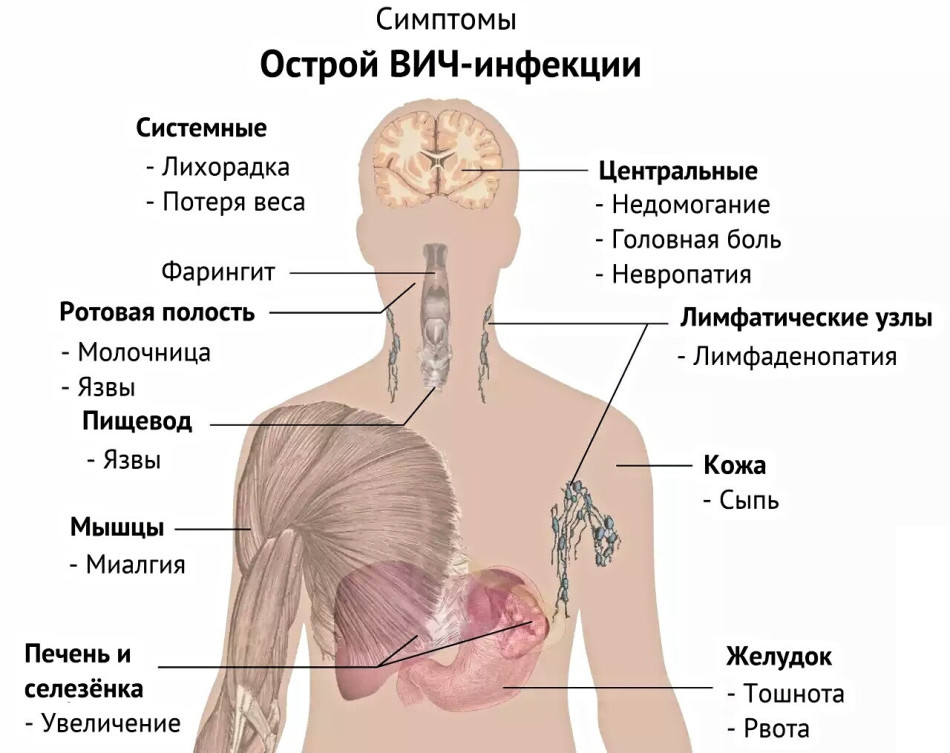Best tea for relaxing muscles
5 Muscle-Relaxing Teas for Aches and Pains
Imagine yourself at the end of a long day. Perhaps you are just getting home from work and are finally able to set aside your worries, change into your most comfortable clothes, and put your feet up while enjoying some relaxing music.
Yet, try as you might, it is difficult to convince your body to relax. All the tension, aches, and pains you brushed aside during the day refuse to be put to rest. So, what can you do?
Whether you are holding onto tension from a hectic day or are dealing with long-term aches and pains, a simple cup of a tea blend may be able to help soothe your muscle cramps and muscle soreness. Below, we have gathered our recommendations for 5 of the top muscle relaxing tea options to give you some relief.
#1 Turmeric Tea
Turmeric is a spice known for its vibrant yellow color. It comes from the root of the Curcuma longa plant
and has been used both as a culinary spice and medicinal dried herb for thousands of years. When steeped as in a tea
bag, turmeric has a warm, earthy aroma and spicy-sweet flavor.
How, though, can a turmeric tea blend help to relieve your sore muscles? Research has suggested that curcumin, one of the main compounds found in turmeric, has antioxidative and anti-inflammatory properties that may abate symptoms of inflamed or sore muscles caused by exercise and arthritis.
In addition to diminishing your aches, turmeric is also thought to reduce anxiety, meaning this dried herb tea tea may deliver the perfect infusion of mental and physical relief.*
#2 Ginger Tea
Similar to turmeric, ginger tea is made from the root of a flowering plant, Zingiber officinale. Both ginger and turmeric also come from the Zingiberaceae plant family. If you are an admirer of this aromatic tea, you may be wondering if the similarities go even further. Can ginger tea provide the same benefits as turmeric?
Well, you will be relieved to know that this tea may be just as calming for your aches and pains as turmeric tea. *
One study demonstrated that ginger may be effective when it comes to reducing muscle pain.
*
One study demonstrated that ginger may be effective when it comes to reducing muscle pain.
With a sweet, zingy flavor and slightly spicy aroma, a cup of ginger tea is also sure to brighten your day.
#3 Rooibos Tea
Curious about the various rooibos tea benefits? This herbal tea is produced from the leaves of Aspalathus linearis, a bush native to South Africa. Though most people are familiar with rooibos as a red tea, it actually comes in two different forms.
- Red rooibos – The most common form of rooibos tea, red rooibos, is made by fermenting the leaves of the bush. When steeped, the fermented leaves produce tea with a vibrant crimson color and a smooth, naturally sweet taste.
- Green rooibos – Made from the dried, unfermented leaves of the same plant, green rooibos has a slightly milder and more grassy flavor similar to other green teas.
Regardless of which form of rooibos you prefer, both are rich with the flavonoids aspalathin and nothofagin —
antioxidants that are thought to be helpful in reducing muscle pain caused by inflammation. When you are looking to
both lull your aches and please your palate, a cup of rooibos tea may be the balm you need.*
When you are looking to
both lull your aches and please your palate, a cup of rooibos tea may be the balm you need.*
#4 Green Tea
Wondering is green tea good for you?Steeped from the dried leaves of the Camellia sinensis bush, green tea is a favorite among many tea drinkers around the world. It might come as a surprise to you, then, that this well-loved staple may also help alleviate aches and pains.
What does science tell us about the benefits of green tea for sore muscles?
Due to its plentiful supply of polyphenols, green tea is thought to provide anti-inflammatory effects and may even help with chronic inflammation. If your aches and pains are ongoing and you are seeking the comfort of a familiar flavor, green tea may be your perfect solution.*
#5 Peppermint Tea
One of the most popular herbal teas, peppermint tea, is steeped from the leaves of Mentha piperita L. With a
cool, minty flavor and scent, a cup of peppermint tea can certainly help you feel more refreshed after a long day.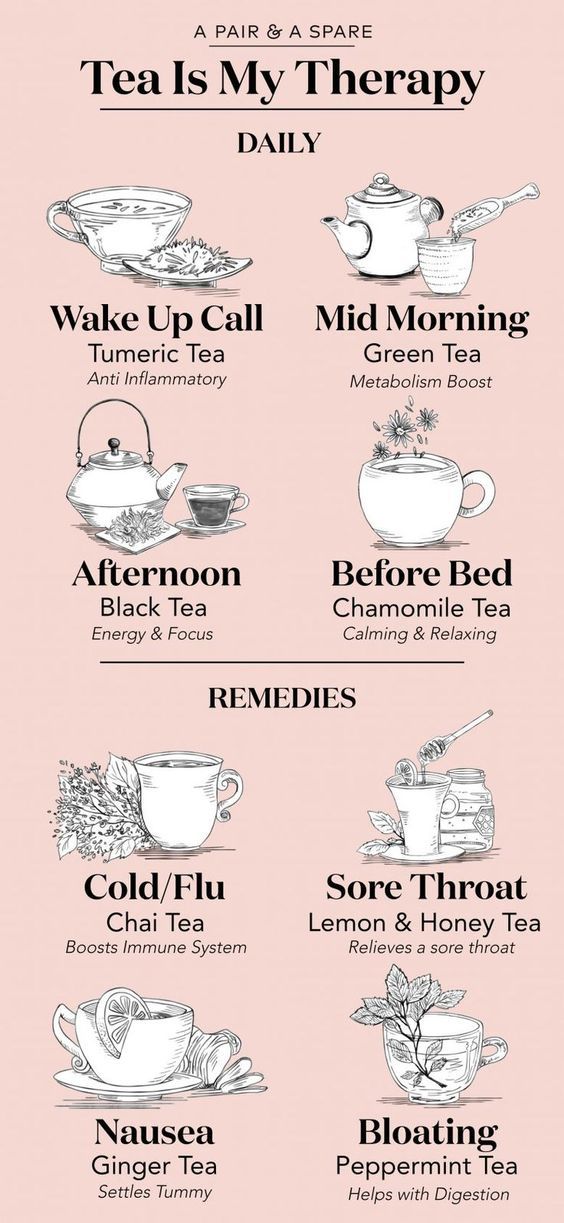
What, however, can it do to relieve and relax your muscle cramps and sore muscles?
Research has suggested that peppermint may provide anti-inflammatory and pain-relieving benefits.* If your aches and pains often involve your stomach, a cup of peppermint tea may be especially helpful in easing your ailment, as peppermint has been shown to reduce muscle spasms and pain associated with:
- Indigestion
- Irritable bowel syndrome
- Other abdominal pain
Feel Your Best With The Republic of Tea
Once you finally have the time to wind down, calm your mind, and reset, the last thing you want is to have your relaxation interrupted by the aches and pains you carry with you each day. Fortunately, you can reach for a delicious and aromatic cup of tea to attain the rest and relaxation you deserve.
When seeking relief and relaxation, turn to The Republic of Tea. Our
premium selection of calming,
muscle-soothing teas can help your body and mind unwind so that you can start each new day feeling refreshed
and rejuvenated whether it be with a chai tea or achamomile tea.
Sources:
PubMed. Curcumin: A Review of Its Effects on Human Health. https://www.ncbi.nlm.nih.gov/pmc/articles/PMC5664031/
PubMed. Ginger (Zingiber officinale) reduces muscle pain caused by eccentric exercise. https://pubmed.ncbi.nlm.nih.gov/20418184/
PubMed. Studies of anti-inflammatory effects of Rooibos tea in rats. https://pubmed.ncbi.nlm.nih.gov/19419525/
PubMed. Green Tea Extracts Epigallocatechin-3-gallate for Different Treatments. https://www.ncbi.nlm.nih.gov/pmc/articles/PMC5572593/
PubMed. Medicinal Plants of the Family Lamiaceae in Pain Therapy: A Review. https://www.ncbi.nlm.nih.gov/pmc/articles/PMC5964621/
PubMed. A review of the bioactivity and potential health benefits of peppermint tea (Mentha piperita L.). https://pubmed.ncbi.nlm.nih.gov/16767798/
The 7 Best Natural Muscle Relaxers
The 7 Best Natural Muscle Relaxers- Health Conditions
- Featured
- Breast Cancer
- IBD
- Migraine
- Multiple Sclerosis (MS)
- Rheumatoid Arthritis
- Type 2 Diabetes
- Articles
- Acid Reflux
- ADHD
- Allergies
- Alzheimer's & Dementia
- Bipolar Disorder
- Cancer
- Crohn's Disease
- Chronic Pain
- Cold & Flu
- COPD
- Depression
- Fibromyalgia
- Heart Disease
- High Cholesterol
- HIV
- Hypertension
- IPF
- Osteoarthritis
- Psoriasis
- Skin Disorders and Care
- STDs
- Featured
- Discover
- Wellness Topics
- Nutrition
- Fitness
- Skin Care
- Sexual Health
- Women's Health
- Mental Well-Being
- Sleep
- Product Reviews
- Vitamins & Supplements
- Sleep
- Mental Health
- Nutrition
- At-Home Testing
- CBD
- Men’s Health
- Original Series
- Fresh Food Fast
- Diagnosis Diaries
- You’re Not Alone
- Present Tense
- Video Series
- Youth in Focus
- Healthy Harvest
- No More Silence
- Future of Health
- Wellness Topics
- Plan
- Health Challenges
- Mindful Eating
- Sugar Savvy
- Move Your Body
- Gut Health
- Mood Foods
- Align Your Spine
- Find Care
- Primary Care
- Mental Health
- OB-GYN
- Dermatologists
- Neurologists
- Cardiologists
- Orthopedists
- Lifestyle Quizzes
- Weight Management
- Am I Depressed? A Quiz for Teens
- Are You a Workaholic?
- How Well Do You Sleep?
- Tools & Resources
- Health News
- Find a Diet
- Find Healthy Snacks
- Drugs A-Z
- Health A-Z
- Health Challenges
- Connect
- Breast Cancer
- Inflammatory Bowel Disease
- Psoriatic Arthritis
- Migraine
- Multiple Sclerosis
- Psoriasis
Medically reviewed by Debra Rose Wilson, Ph.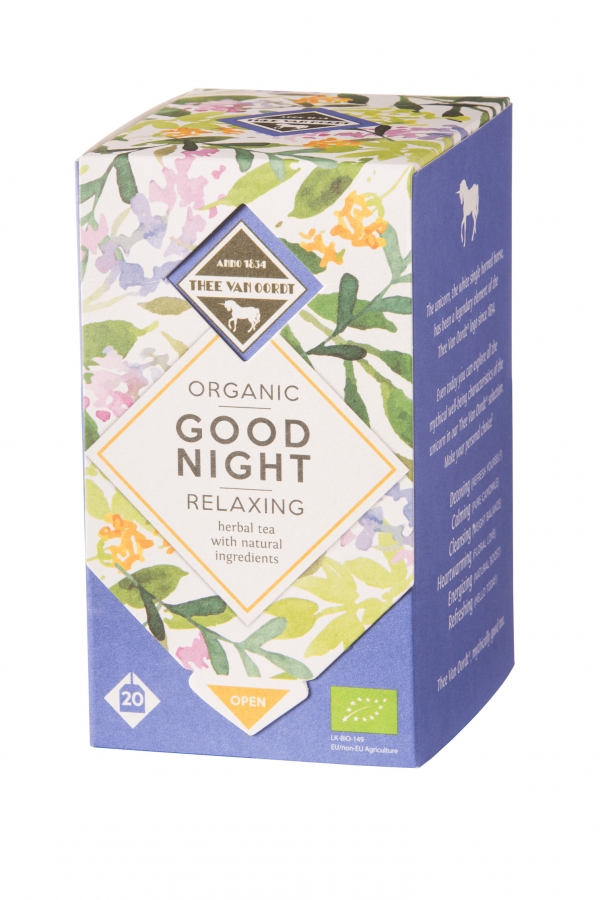 D., MSN, R.N., IBCLC, AHN-BC, CHT — By Summer Fanous — Updated on Mar 11, 2019
D., MSN, R.N., IBCLC, AHN-BC, CHT — By Summer Fanous — Updated on Mar 11, 2019
We include products we think are useful for our readers. If you buy through links on this page, we may earn a small commission Here’s our process.
Healthline only shows you brands and products that we stand behind.
Our team thoroughly researches and evaluates the recommendations we make on our site. To establish that the product manufacturers addressed safety and efficacy standards, we:
- Evaluate ingredients and composition: Do they have the potential to cause harm?
- Fact-check all health claims: Do they align with the current body of scientific evidence?
- Assess the brand: Does it operate with integrity and adhere to industry best practices?
We do the research so you can find trusted products for your health and wellness.
Read more about our vetting process.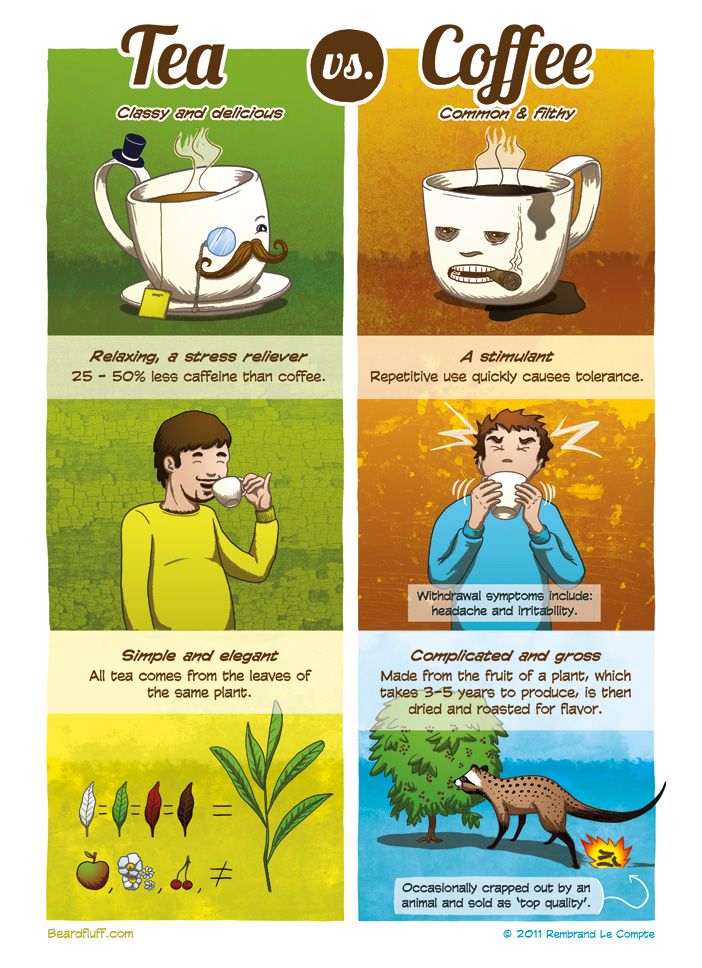
Was this helpful?
Have you ever felt an involuntary tightness, hardness, or bulging in a muscle? That’s called a muscle spasm. This type of cramping can happen to anyone for a variety of reasons and in many areas of your body.
Spasms are common in the abdomen, arms, hands, and feet. You can also feel them in your calves, hamstrings, and quadriceps, and along the rib cage. Many cases of simple muscle spasms are caused by heavy exercise and vigorous sport. Patience, rest, gentle stretching, and massaging the muscle can help alleviate the pain.
People with acute neck and back pain often suffer from muscle spasms. Pregnant women are also prone to muscle spasms because of the sudden increase in weight. Menstruating women experience muscle cramps due to uterine contractions, though the severity of the pain varies by person. Muscle spasms are a common side effect of chronic conditions like multiple sclerosis, muscular dystrophy, and McArdle’s disease.
While muscle spasms can be painful, relief is available with these seven natural muscle relaxers.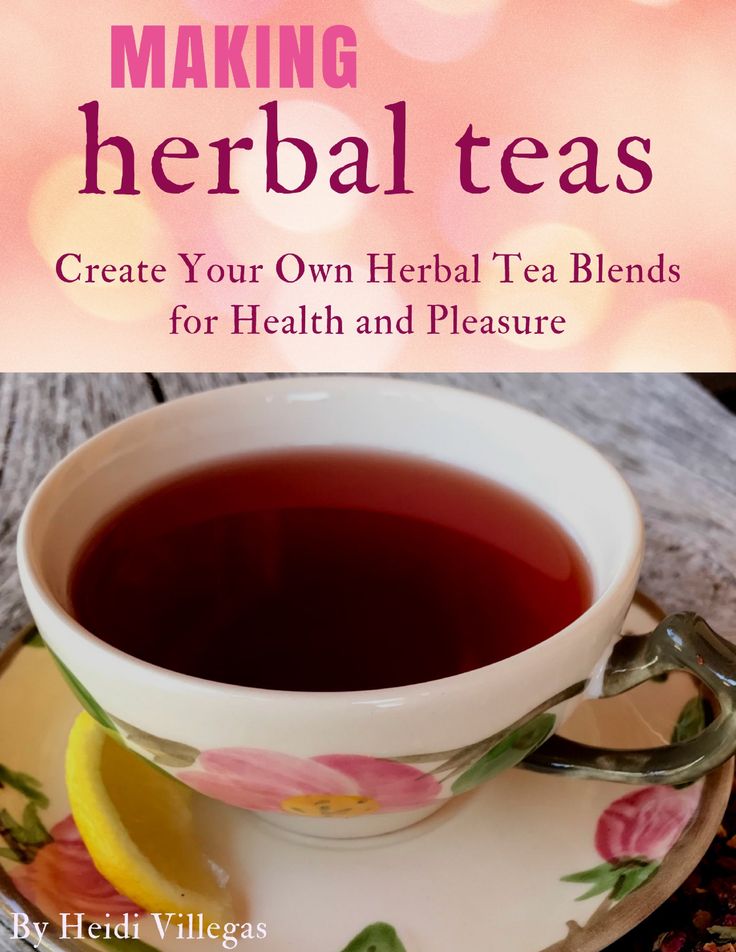
Chamomile is an ancient herb that’s used to treat a variety of ailments, including muscle spasms. It contains 36 flavonoids, which are compounds that have anti-inflammatory properties. You can massage chamomile essential oil onto affected muscles to provide relief from spasms. Chamomile tea can also help relax sore muscles.
Shop now on Amazon
Share on Pinterest
People who sign up for marathons train vigorously, often causing a lot of stress on their muscles. Cherry juice can help combat the inflammation and muscle pain that is so common in runners. Studies reveal that drinking tart cherry juice can minimize post-run pain. The antioxidant and anti-inflammatory qualities in the fruit help to relax muscles naturally.
Shop now on Amazon
Share on Pinterest
Another sweet and natural way to relax your muscles is by eating blueberries. A recent study suggests that having a blueberry smoothie before and after exercise can help accelerate recovery from muscle damage. Blueberries have antioxidant powers and have been shown to decrease oxidative stress and inflammation.
Blueberries have antioxidant powers and have been shown to decrease oxidative stress and inflammation.
Share on Pinterest
Capsaicin, a substance found in cayenne pepper, is a natural muscle relaxant that’s often recommended to people who live with fibromyalgia and rheumatoid arthritis. It can be added to food, like in this grilled shrimp recipe, or you can find cayenne pepper in capsule form and as a cream. When used as a cream, you can apply it to areas affected by muscle spasms.
Shop now on Amazon
Share on Pinterest
People who have regular muscle pain or spasms might be deficient in vitamin D. This vitamin comes in many forms, including liquids, tablets, and capsules. You can also get it in foods like eggs, fish, and fortified milk. Getting regular exposure to sunlight is another way to get vitamin D!
Shop now at Care/Of
Share on Pinterest
Magnesium is vital for human nutrition, as it maintains normal muscle and nerve function. Although it’s rare, early symptoms in people who are deficient in this mineral include muscle pain.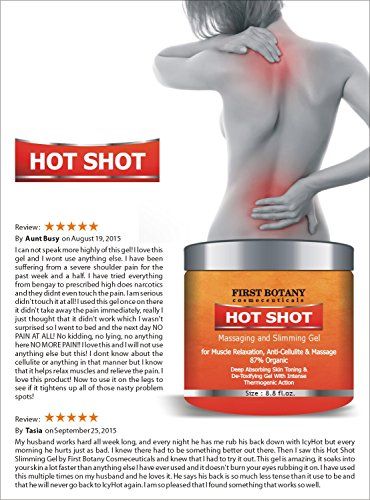 This mineral is mostly found in foods such as bananas, almonds, legumes, and brown rice. It’s also available as a supplement.
This mineral is mostly found in foods such as bananas, almonds, legumes, and brown rice. It’s also available as a supplement.
Shop now at Care/Of
Share on Pinterest
Perhaps the best and most natural way to relax your muscles is to rest. Make sure to get lots of sleep, drink plenty of fluids, and try not to overwork the affected muscle. Using heat pads or ice packs on the muscle can provide immediate relief. Sometimes muscle spasms are due to over-stimulated muscles, and ice can help calm down the transmission of impulses from the brain to the overactive muscle.
Last medically reviewed on August 2, 2017
How we reviewed this article:
Healthline has strict sourcing guidelines and relies on peer-reviewed studies, academic research institutions, and medical associations. We avoid using tertiary references. You can learn more about how we ensure our content is accurate and current by reading our editorial policy.
- Dean L. (2001). Comparing muscle relaxants.
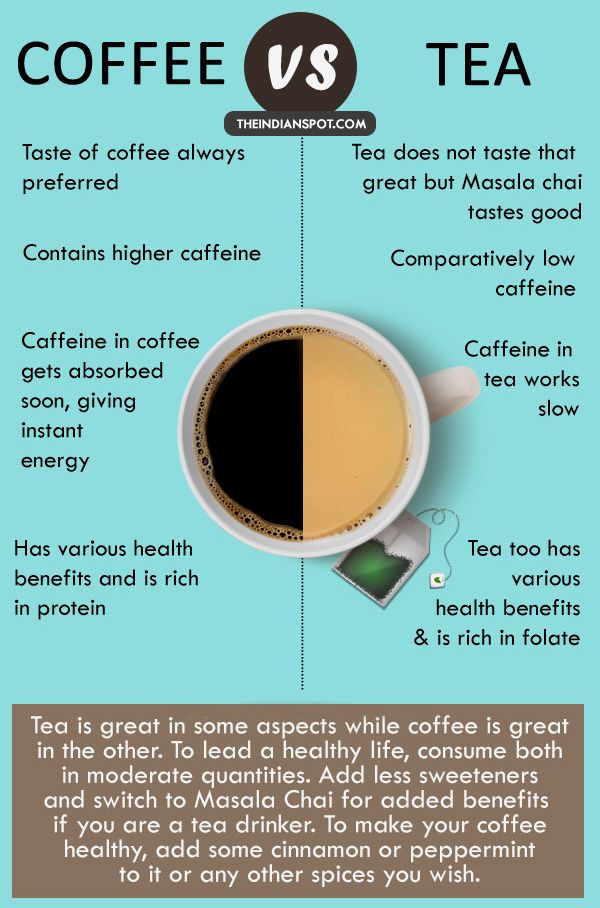
ncbi.nlm.nih.gov/pubmedhealth/PMH0004932/ - Drugs and supplements vitamin d. (2013).
mayoclinic.org/drugs-supplements/vitamin-d/dosing/hrb-20060400 - Kuehl KS, et al. (2010). Efficacy of tart cherry juice in reducing muscle pain during running: a randomized controlled trial. DOI:
10.1186/1550-2783-7-17 - Office of Dietary Supplements. (2013). Magnesium [Fact sheet].
ods.od.nih.gov/factsheets/Magnesium-HealthProfessional/ - McLeay Y, et al. (2012). Effect of New Zealand blueberry consumption on recovery from eccentric exercise-induced muscle damage. DOI:
10.1186/2F1550-2783-9-19 - Muscle pain and spasm. (n.d.).
pain-medicine.med.nyu.edu/patient-care/conditions-we-treat/muscle-pain-and-spasm - Srivastava JK, et al. (2010). Chamomile: A herbal medicine of the past with bright future.
ncbi.nlm.nih.gov/pmc/articles/PMC2995283/
Our experts continually monitor the health and wellness space, and we update our articles when new information becomes available.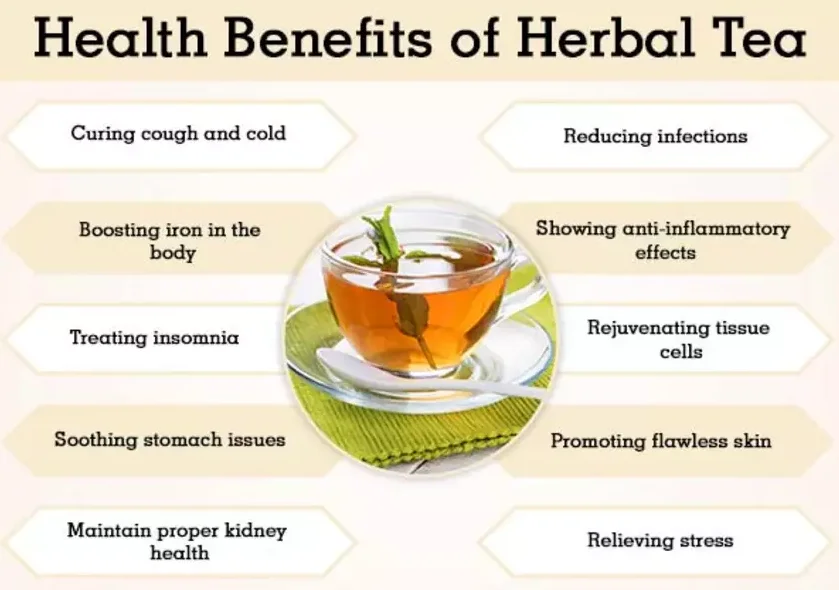
Current Version
Mar 11, 2019
Edited By
amconnor
Aug 2, 2017
Medically Reviewed By
Debra Rose Wilson, PhD, MSN, RN, IBCLC, AHN-BC, CHT
Share this article
Medically reviewed by Debra Rose Wilson, Ph.D., MSN, R.N., IBCLC, AHN-BC, CHT — By Summer Fanous — Updated on Mar 11, 2019
Read this next
5 Surprising Natural Pain Relievers
To avoid the side effects and possible toxicity of medications, you might turn to natural painkillers instead. Check out these five surprising options.
READ MORE
Turmeric and Other Anti-Inflammatory Spices
Medically reviewed by George Krucik, MD, MBA
Certain herbs and spices are known to have anti-inflammatory properties. Learn about the power of turmeric, ginger, cinnamon, garlic, cayenne, cloves…
READ MORE
Understanding and Treating Lower Back Spasms
Medically reviewed by Gregory Minnis, DPT
Learn how to treat lower back spasms and how to prevent the pain in this article.
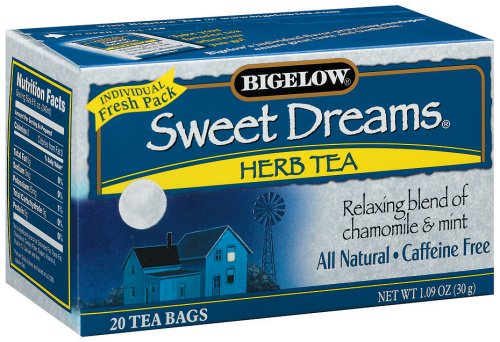
READ MORE
The Best Alternative Medicine Apps of the Year
For advice and information on alternative and complementary treatments, these apps can be a great resource.
READ MORE
What Causes Stomach Spasms?
Medically reviewed by Graham Rogers, M.D.
We'll explain causes for stomach spasms and what you can do to get relief from this symptom.
READ MORE
What Helps Menstrual Cramps: 6 Home Remedies and OTC Options to Manage Pain
Medically reviewed by Valinda Riggins Nwadike, MD, MPH
Looking for quick relief from your menstrual cramps? From scientifically proven to popular treatments, find out what can work for you.
READ MORE
Muscle Relaxers: A List of Prescription Medications
Muscle relaxers are drugs that can help relieve muscle cramps and spasticity.
Learn about the different options.
READ MORE
what kind of tea to drink to cope with unpleasant conditions TEA.RU
How can you protect yourself from daily troubles and accept life without aggression, but calmly? In this case, a cup of soothing tea can help to put in order shattered nerves and set up an optimistic mood. A hot drink calms and increases stress resistance, energizing for the whole day. What tea to drink to calm the nerves? There are many such options. Consider the best soothing herbal teas and not only that help relieve anxiety.
What teas calm the nerves and help you fall asleep?
There are many options for relaxing tea for nerves and stress to calm the nervous system. In order to choose the most effective one, you should try different infusions with a sedative effect, because it all depends on the state of health, the neglect of problems, and the individual characteristics of the body. You can choose a good soothing tea for the night from the following list:
• linden and lemon balm with honey;
• from motherwort and mint with chemist's chamomile, linden and dried strawberries;
• green tea with lime, lemon balm and St. John's wort, hemp and lemongrass;
• from hops and valerian;
• from oregano, mint, St. John's wort, sweet clover, valerian and chamomile with honey and essential oils.
By choosing the best soothing tea for the night, you can easily relax and fall asleep!
Herbal soothing teas for nerves, heart
Relaxing and soothing herbal tea should contain the maximum amount of nutrients, enzymes. Before a hard day full of excitement, you can prepare yourself an infusion of chamomile, bergamot, mint. Also suitable and green tea from the nerves. Herbs have a mild relaxing effect.
In case of insomnia or panic conditions, for calmness and health of the nervous system, it is optimal to use the following composition of soothing tea:
• valerian - has a sedative effect, helps to find peace during severe stress;
• motherwort - favorably affects the heart and nerves;
• lavender - copes with stress, improves the condition of the skin, relieves muscle spasms and pain, has an anti-inflammatory effect;
• chamomile - provides relaxation, relief from discomfort, cramps and pain.
However, these are soothing teas for adults. They should not be taken by young children or during pregnancy. With arrhythmia, it is advisable to use herbal tea to calm cardiac activity. For example, based on lavender, St. John's wort, valerian or hops. Reduces blood pressure soothing herbal tea from the fruits of fragrant dill, rosemary, motherwort, hawthorn. To reduce cholesterol levels in the blood, kelp, nettle leaves, sandy immortelle flowers can be used.
Herbal soothing teas, in addition to positive properties, have certain contraindications. Therefore, their use should be approached with caution in childhood, pregnant and lactating women, people with serious cardiovascular pathologies, dysfunctions of the digestive system and liver, and allergy sufferers.
To achieve a greater effect, it is better to purchase a soothing herbal tea in the collection. If it is used for a long time, then a decrease in the release of cortisol in response to stress is recorded. It is important to remember that green tea calms the nerves and relieves stress not always. It contains an analogue of caffeine - theine. Green tea should not be drunk at night, as such a drink has a more tonic and invigorating effect.
Herbal teas to reduce stress
Hot tea soothes and reduces stress, energizing for the whole day. Sometimes stress accompanied by anxiety can take a toll on physical and mental health. Consider herbal teas that can help relieve stress and anxiety.
Melissa tea
Melissa officinalis belongs to the mint family. The herb is widely used to treat anxiety, depression, and insomnia for its anti-stress and anxiolytic properties. Melissa lemon improves cognitive function, reduces stress and anxiety.
How to cook:
- add a tablespoon of dry lemon balm leaves to a glass of boiling water;
- boil for a few minutes, let steep for 5 minutes;
- strain and drink.
Chamomile Tea
Chamomile is known for its many health benefits. It has calming properties, can significantly reduce stress, anxiety and depression, and treats insomnia.
Preparation:
- add 2 tablespoons of dried chamomile flowers to a glass of boiling water;
- infuse for 5 minutes, then strain and drink.
Peppermint Tea
Peppermint Tea is another effective herbal tea for relieving stress and anxiety. This is due to the menthol extract in mint working as a muscle relaxant that reduces stress and anxiety and treats insomnia.
How to prepare:
- boil water and add a mint tea bag to a cup;
- let steep for 3-4 minutes, then drink.
Lavender tea
Lavender has a mood stabilizing and sedative effect, as well as other health benefits such as reducing anxiety and treating insomnia. Preparation of tea:
- boil a glass of water, add 4 teaspoons of fresh lavender buds to the water;
- let steep for 10 minutes, then drink the tea.
Green Tea
Green Tea contains a higher concentration of an amino acid called L-theanine, which increases calming neurotransmitters such as serotonin and dopamine, which help reduce stress and anxiety. A study found that green tea can significantly reduce stress and anxiety levels.
How to cook:
- add a tablespoon of green tea leaves to a glass of boiling water;
- brew for 15 minutes;
- strain and drink.
Basil tea
Basil is a plant with strong medicinal properties used to treat various diseases. Drinking basil tea reduces symptoms of anxiety and stress due to its anti-stress and neuroprotective activity.
How to prepare:
- boil a glass of water, add basil leaves;
- brew for 10 minutes, then strain;
- drink tea warm.
Turmeric Tea
Turmeric contains an active compound called curcumin, which has the ability to relieve chronic stress and anxiety by stimulating the release of two neurotransmitters, dopamine and serotonin.
Making tea:
- boil 4 cups of water, add 1-2 tsp. turmeric powder;
- simmer for 10 minutes;
- strain and drink.
Rose Tea
Roses have an enchanting floral scent that helps to relax the nerves, thereby reducing stress and anxiety.
How to prepare:
- select fresh rose petals;
- boil 3 cups of water, add some fresh rose petals;
- brew for 5 minutes, then strain;
- add honey for flavor and drink.
Rosemary tea
Rosemary is a fragrant herb with many medicinal properties. It can help improve cognitive function by activating the parts of the brain that are responsible for stress and anxiety, thereby boosting your mood.
Preparing tea:
- boil water in a saucepan, add a teaspoon of rosemary leaves;
- let the tea brew for 5-10 minutes;
- strain and drink.
Fennel tea
Fennel is a medicinal plant with a range of health benefits. Not only is it widely used as a spice in various dishes, but it also relieves stress and anxiety. Fennel is effective in reducing symptoms of anxiety and depression in postmenopausal women.
Preparation:
- add tsp. fennel seeds;
- brew for 5-10 minutes;
- strain and drink.
Linden tea
Linden blossom tea is another great stress and anxiety reliever. This flower has sedative properties that can help bring relief from stress and anxiety.
Method of preparation:
- add 2-3 teaspoons of linden flowers to a glass of hot water, leave for 15 minutes;
- strain and drink.
Valerian Root Tea
Valerian Root contains isovaleric acid, valerenic acid and antioxidants that reduce anxiety and promote better sleep. Drinking valerian root tea will help bring a sense of relaxation and calmness.
Preparation of tea:
- add 2-3 g of valerian root to a glass of hot water;
- let it brew for 10-15 minutes;
- strain and drink.
Licorice root tea
Licorice root is mainly used as a sweetener in drinks and candies. It is known for various health benefits, including reduced stress and anxiety. Licorice root enhances feel-good neurotransmitters, which reduces anxiety.
How to cook:
- add a glass of water to a saucepan and bring to a boil;
- add a tablespoon of licorice root powder and stir;
- leave to brew for 20 minutes;
- strain and drink.

